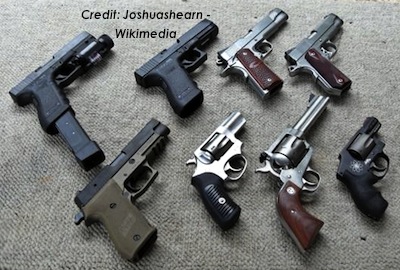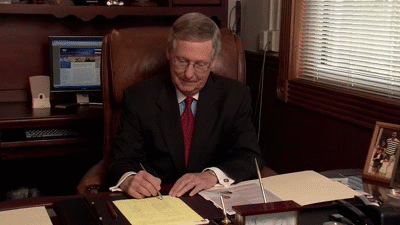Russian Federation troops may be massing on the border of the Russian-dominated Donetsk region of Ukraine, but snarky Ukrainian activists in the region’s capital city, with a mind toward history and an eye toward remaining free of Russia, have other ideas for their economically depressed region:
The industrial city of about 950,000 people on the Kalmius river was once known as Hughesovka or Yuzovka, after its Welsh founder John Hughes.
Hughes was an engineer, born in Merthyr Tydfil in 1814 or 1815. After building a successful shipbuilding and ironworks company in Britain, which was known primarily for developing armored plating for warships, he was invited 1868 by the imperial Russian government to buy a concession in eastern Ukraine to set up a metallurgy and rail-producing factory.
According to a 2010 BBC feature, “Hughes provided a hospital, schools, bath houses, tea rooms, a fire brigade and an Anglican church dedicated to the patron saints St George and St David.”
Satirizing the question posed in the very dubious recent referendum in Crimea, activists have pitched a self-determination referendum for the city of Donetsk, giving “voters” even more exciting options than merely joining Russia or remaining in Ukraine:
According to the Moscow Times, “more than 7,000 people had supported the proposal by Sunday, with an online poll showing about 61 percent of respondents favored accession to Britain, and another 16 percent favored ‘broad regional autonomy’ with English as an official language.”
More from that Moscow Times article:
The online appeal asked the people of Donetsk — “fellow Britons” — to seize the “decisive moment” and have their say on “where your children will live and what language they will speak.”
[…]
“For more than a century Russians have deceived us by saying that this is an indigenous Russian city, and Ukrainians — that it is Ukrainian,” the online appeal said.
The mock referendum’s slogan, according to a Google translation of a Russian-language site, is: “Glory to John Hughes and his town! God save the Queen!”
One of the banners circulating on social media promoting it looks like this:

Now might be a good time to make a bid for accession to the United Kingdom of Great Britain and Northern Ireland, due to the upcoming Scotland Independence Referendum, to be held this coming September.
Although all three major British political parties (Conservatives, Labour, and Liberal Democrats) have already banded together (with additional help from the European Union) to make it extremely unpalatable and economically suicidal for Scotland to vote for independence, I think Britain could also offer a spot to the city of Donetsk to further demonstrate to Scotland that it is eminently replaceable with another industrial area — and one that probably has a lower prevailing wage, which would help UK companies’ bottom lines.
Here’s to Hughesovka: the cheaper Eastern European replacement for Scotland.
Plus: If the Russian Empire is making a comeback on the Black Sea, it’s only right and sensible that the British Empire return to the region to counter growing Russian power.







 Wow, there is so much to unpack in that article.
Wow, there is so much to unpack in that article. 